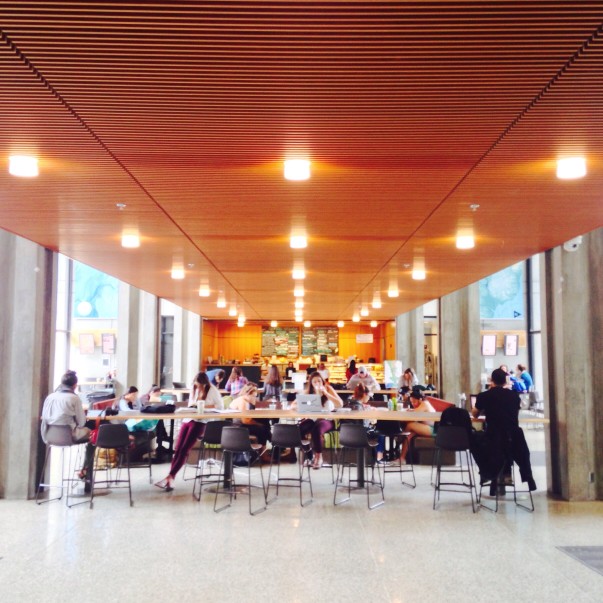Between 2006 and 2012, the average family paid an extra $2,055 for food because of steadily rising prices. If you’ve been buying food for the past several years, you probably have noticed that the price of beef and milk has increased noticeably—I certainly have.
Yet, food spending is the third-highest expenditure for poor people, right after housing and transportation. Obviously, poor people have much more to lose when food gets more expensive, because high prices crowd out other—already crowded—necessities.
 Source: Bureau of Labor Statistics, via the International Business Times
Source: Bureau of Labor Statistics, via the International Business Times
That high food prices hurt the poor most is pretty obvious. But what’s not is that government policies are largely to blame for these rising food prices. As Scott Lincicome writes in The Federalist:
[A]gricultural protectionism has artificially inflated U.S. food prices, and other, more recent policies have them rising from this already-high perch.
Lincicome targets ethanol and farm subsidies, but he could have added countless other protectionist programs, like our nonsensical sugar policies. In the past four years, U.S. consumers have had to pay 64 to 92 percent more than the rest of the world for sugar, which is in many of the things that we consume—and not just junk food, but bread, jams, cereals, bagels, sandwich meat, dill pickles, juices and more. This has cost U.S. shoppers $3.7 billion per year, all to line the pockets of crony capitalists.
And not only do the poor and everyone else pay extra at the supermarket, we also pay through our taxes when sugar producers default on loans or receive subsidies and federal price supports, as Bloomberg/Businessweek editors point out. They continue:
[T]he program benefits the few at the expense of everyone else… Each year, the federal government bestows $25 billion in handouts on the farm industry. Most of it goes to large agribusinesses and farmers who on average earn much more than the average American. According to one analysis, about three-fourths of all agriculture subsidies go to just 10 percent of the nation’s farms.
I have nothing against farmers. My dad, grandfather and uncle are farmers. But no one in my family thinks it is fair to give preferences to a group of well-off people in order to rig the playing field and ultimately burden the poor with higher food prices. U.S. agriculture policy should be exposed for what it is: A century-long money grab by the rich and well-connected at the expense of the poor and middle-class.



